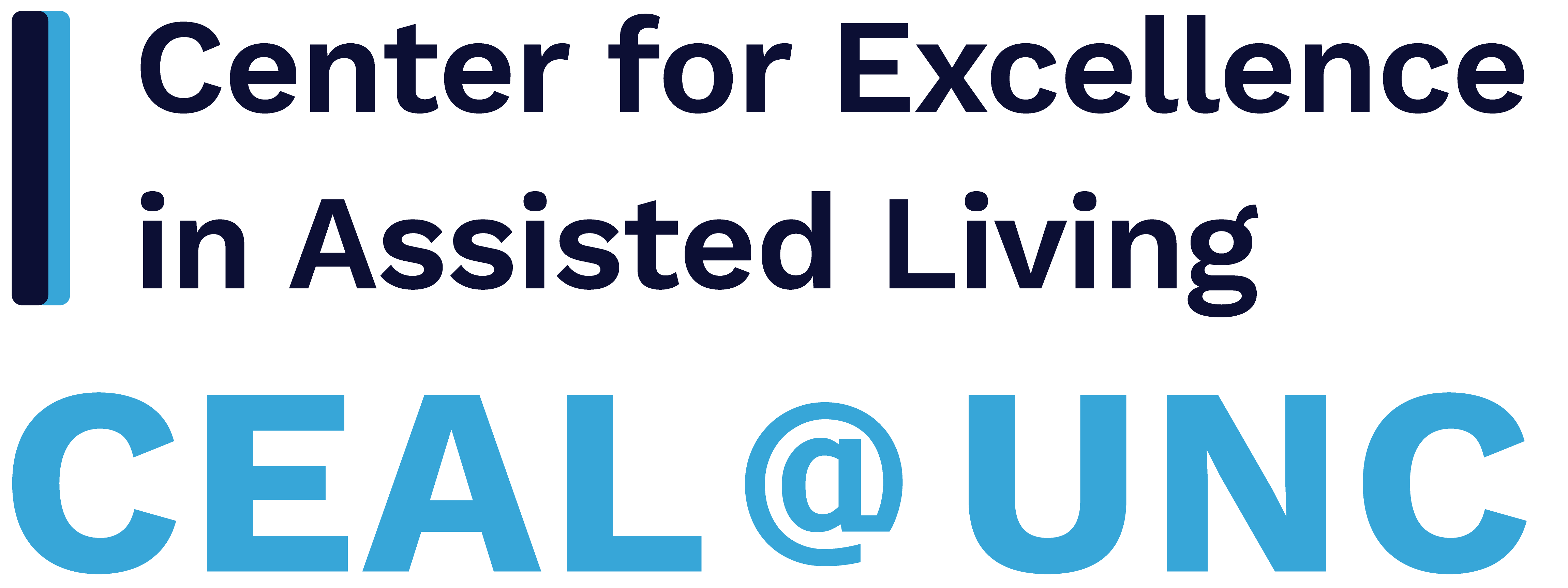Background
Assisted living facilities (ALFs) are plagued with quality issues but there are limited studies on the quality of ALFs. In Florida, state surveyors conduct inspections of ALFs and cite and/or fine facilities that are in violation of regulations. Yet, we do not know the types of quality problems identified and the extent to which facilities repeat such problems. In this study, we begin to fill this gap in our understanding of ALFs quality by summarizing the deficiency citations in Florida ALFs.
Methods
We obtained inspection citation data on 957 large ALFs (bed size ≥ 25) in Florida from 2012 to 2018. Citation data are summarized at the facility-year level and classified into different groups such as resident care, admissions, medication, staffing, and training. We examined the trends in citations over time and stratified citations by profit status, license type, and facility size. We also assessed repeat citations among the ALFs.
Results
Of the 957 large ALFs operating in Florida, 87% of the facilities were cited one or more times from 2012 to 2018. In 2018, the most common citations were related to medications (26.2%), resident care (25.3%), training (25.3%), admissions (21.1%), and staffing (20.8%). For-profit facilities, facilities with beds over 100, and facilities with limited mental health license tended to be cited more often across most types of deficiencies. Repeat citations are common with over 40% of facilities cited in two or more years for resident care and medication from 2012 to 2018.
Conclusions
Our findings suggest that repeat citations are common and ALFs do not improve quality on a long-term basis after citations. If we want to improve ALFs quality, we may need to provide appropriate incentives and resources to ALFs along with stringent enforcement of regulations.


